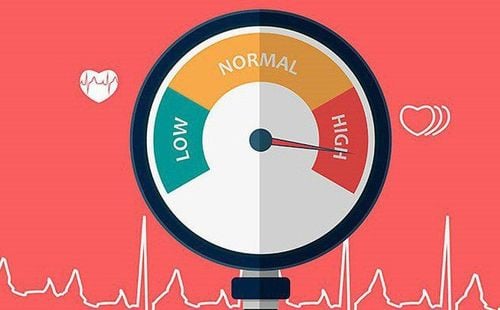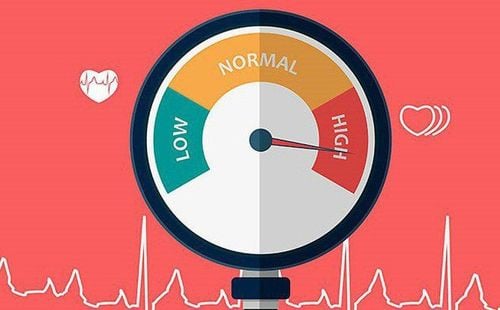Antihypertensive medications are prescribed for people with high blood pressure. Accordingly, to ensure health, patients may need to take antihypertensive medications for life, even if their blood pressure stabilizes.
1. When are antihypertensive medications used?
Blood pressure includes systolic and diastolic pressure. The ideal blood pressure values for a normal individual are:
- Systolic blood pressure: 100 - 120 mmHg
- Diastolic blood pressure: <80 mmHg
Mild hypertension is defined as:
- Systolic blood pressure: 120 - 129 mmHg
- Diastolic blood pressure: <80 mmHg
Hypertension is categorized as:
- Systolic blood pressure: >130 mmHg
- Diastolic blood pressure: >80 mmHg
Antihypertensive medications are specifically indicated in three stages of hypertension as follows:
- When systolic blood pressure is 130 - 139 mmHg or diastolic blood pressure is 80 - 89 mmHg: Only patients with a history or risk of cardiovascular disease should be prescribed medication. For healthy individuals, this condition may be due to lifestyle factors, and they should be advised to change their lifestyle or give up unhealthy eating habits to stabilize blood pressure.
- When systolic blood pressure is >140 mmHg or >180 mmHg, or diastolic blood pressure is >90 mmHg or >120 mmHg: All patients must take antihypertensive drugs to prevent and limit the serious complications of cardiovascular disease, especially reducing the mortality rate

SEE MORE: What is the best time to take blood pressure medication?
2. Principles of treating high blood pressure with medication
When using antihypertensive medications, the following principles should be adhered to:
- Take medications at the same time every day. The best time to take medications is in the morning for optimal absorption and to avoid forgetting.
- Follow the prescribed treatment regimen from your doctor, and do not stop taking medications when blood pressure is stable, especially if the doctor has not indicated stopping. Stopping medications arbitrarily can increase the risk of strokes.
- Do not change your prescription or share it with others as medications are tailored to each patient’s condition.
- For optimal treatment strategy, medication should be combined with lifestyle changes, healthy habits, and a balanced diet.
- Optimize control of blood pressure by adhering to prescribed antihypertensive medications to prevent complications from conditions such as high cholesterol, kidney disease, diabetes, etc., which can cause hypertension.
Some antihypertensive medications may have side effects, so if any unusual symptoms occur, patients should consult a doctor or visit a healthcare facility immediately.
SEE MORE: Do you have to take blood pressure medication for life?

3. Should you continue taking medications if your blood pressure is stable?
As mentioned above, taking antihypertensive medications must follow the treatment regimen; do not stop medications arbitrarily. Patients need to understand that the goal of treating hypertension is to prevent complications in the future and limit the progression or recurrence of the disease. Additionally, the most important principle of hypertension treatment that requires attention is that medications must be taken for life to prevent and limit complications.
If patients find that their blood pressure is stable and their health has returned to normal, arbitrarily stopping medication until symptoms reappear will lead to ineffective preventive treatment. It is crucial not to stop taking antihypertensive medications even if blood pressure has returned to normal, as this may stop the treatment’s preventive effects.
Please dial HOTLINE for more information or register for an appointment HERE. Download MyVinmec app to make appointments faster and to manage your bookings easily.













